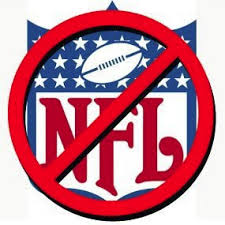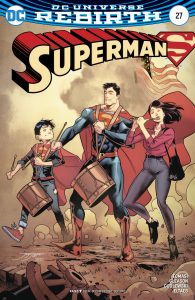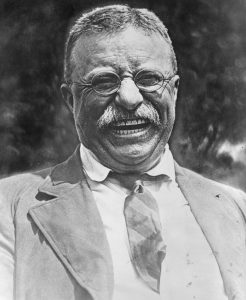 So this is a bit political, though not “I hate the giant orange / I hate the scary hag” political. I listen to this podcast regularly. It’s produced by libertarianism.org and the Cato Institute, and I always find it informative and thought-provoking. I don’t always agree with everything I hear, which is a good thing, but, when I listen, I feel I’m listening to highly intelligent, highly educated people talking about things that actually matter. And by “things that actually matter” I mean pretty much nothing that most people are bringing into current political discourse. Russian collusion? Yeah, I believe it may have happened. I also believe it, or things like it, have been happening for a long time. If they upset you, stop voting for candidates who are involved with them.
So this is a bit political, though not “I hate the giant orange / I hate the scary hag” political. I listen to this podcast regularly. It’s produced by libertarianism.org and the Cato Institute, and I always find it informative and thought-provoking. I don’t always agree with everything I hear, which is a good thing, but, when I listen, I feel I’m listening to highly intelligent, highly educated people talking about things that actually matter. And by “things that actually matter” I mean pretty much nothing that most people are bringing into current political discourse. Russian collusion? Yeah, I believe it may have happened. I also believe it, or things like it, have been happening for a long time. If they upset you, stop voting for candidates who are involved with them.
Most people won’t do that. So they’ve chosen to live with this idiocy, and I’m not really interested in hearing them wallow in it. Continue reading








